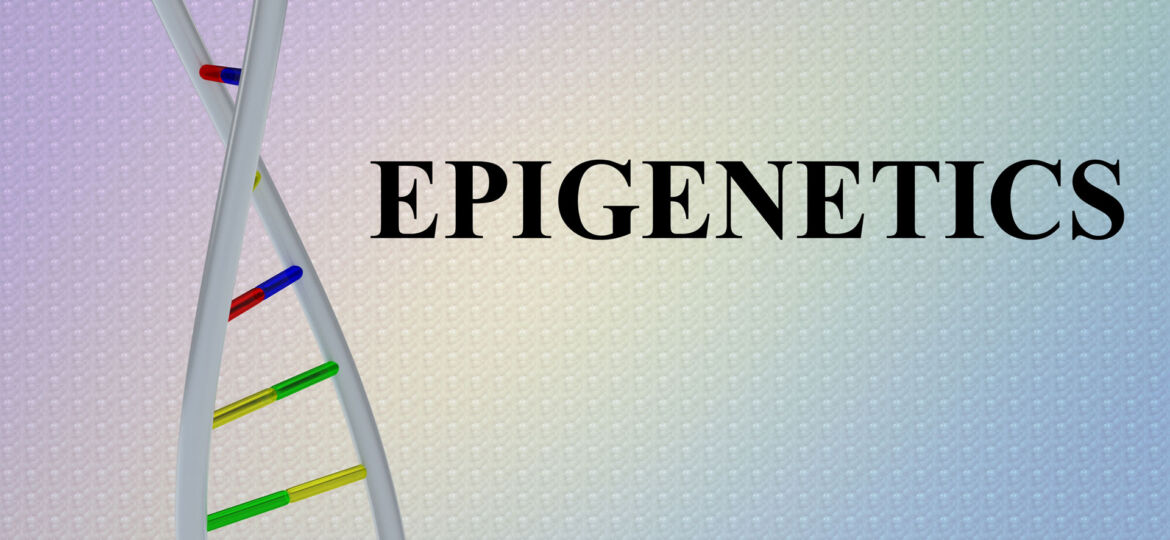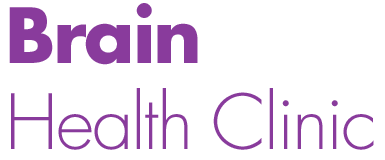
In a prior article, we examined the relatively new field of study called genomics. Genomics studies the two types of genes in your DNA: coding genes that contain information about the structure of all your body parts, and non-coding genes that control how the other genes work. Epigenetics is the likewise new field of study that examines the environmental and behavioral factors affecting the operation of both types of genes. Together these two modern scientific fields are foundational to the ideas behind functional medicine. So let’s look at how the Brain Health Clinic uses the research findings of epigenetics to help our clients.
Examples of Epigenetics
Since the completion of the famed Human Genome Project in 2003, scientists and doctors have pored over the genes found in our DNA and conducted numerous studies to determine how these genes interact with each other and the environment. This helps us understand why they operate the way they do. As a result, we now realize that certain health problems do not necessarily indicate a gene disorder, but instead are related to our behaviors.
Nutrition is one area of interest for epigenetics. Obviously, poor nutrition affects our body by starving it of essential building blocks for life. Epigenetics reveals that a failure to eat well can also alter how our genes behave, even leading to issues with mental health. In some cases, it is not just our nutrition that is the determining factor, but the nutrition of our pregnant mother. Her nutrition while carrying us can affect our health decades after our birth, not just because of poor body development, but also due to changes in how our genes work.
Smoking is known to be a health risk, but it is typically associated with problems related to using a carcinogenic substance or damage to the lungs from smoke inhalation. Outside of these physical changes caused by the act of smoking, epigenetics also demonstrates that smoking leads to changes in gene function.
Infections can also alter how our genes operate. After certain types of infections, known epigenetic alterations to the human body take place. These changes can even affect how our brains work.
Epigenetic Changes Can Be Reversible
Fortunately, many epigenetic changes caused by our behaviors, the environment, or the behaviors of others are reversible. This is why the Brain Health Clinic is thorough when we examine the complaints that lead our clients to request assistance. It may be the principles of functional medicine, including the field of epigenetics, that hold the key to the particular breakthroughs our patients are seeking. So if one of our therapists asks questions about lifestyle, habits, or common behaviors in your life, or even your interactions with others and the world around you, these queries may be related to finding solutions through both psychiatric and medical means.
Therefore, Brain Health Clinic works closely with your medical doctor when it seems prudent to do so. Enlisting the assistance of your medical practitioner, and encouraging you to change certain habits or behaviors, may lead to the solution you are looking for. And that solution may be based on findings related to epigenetics.
